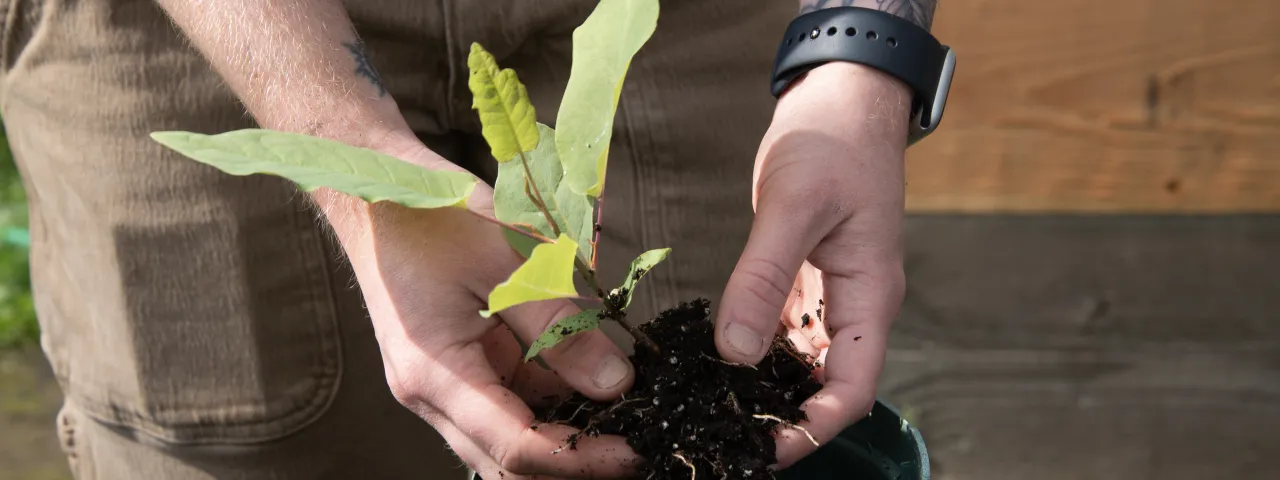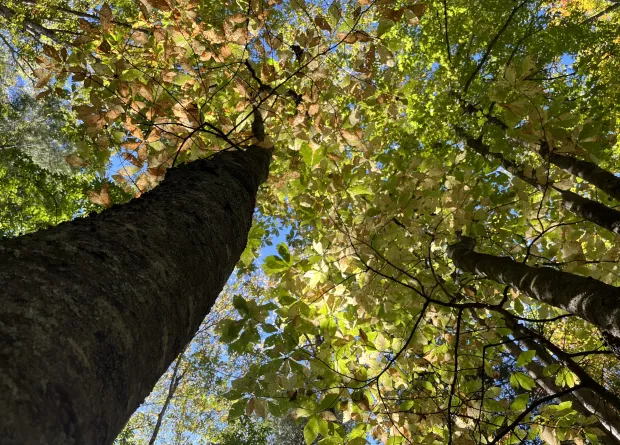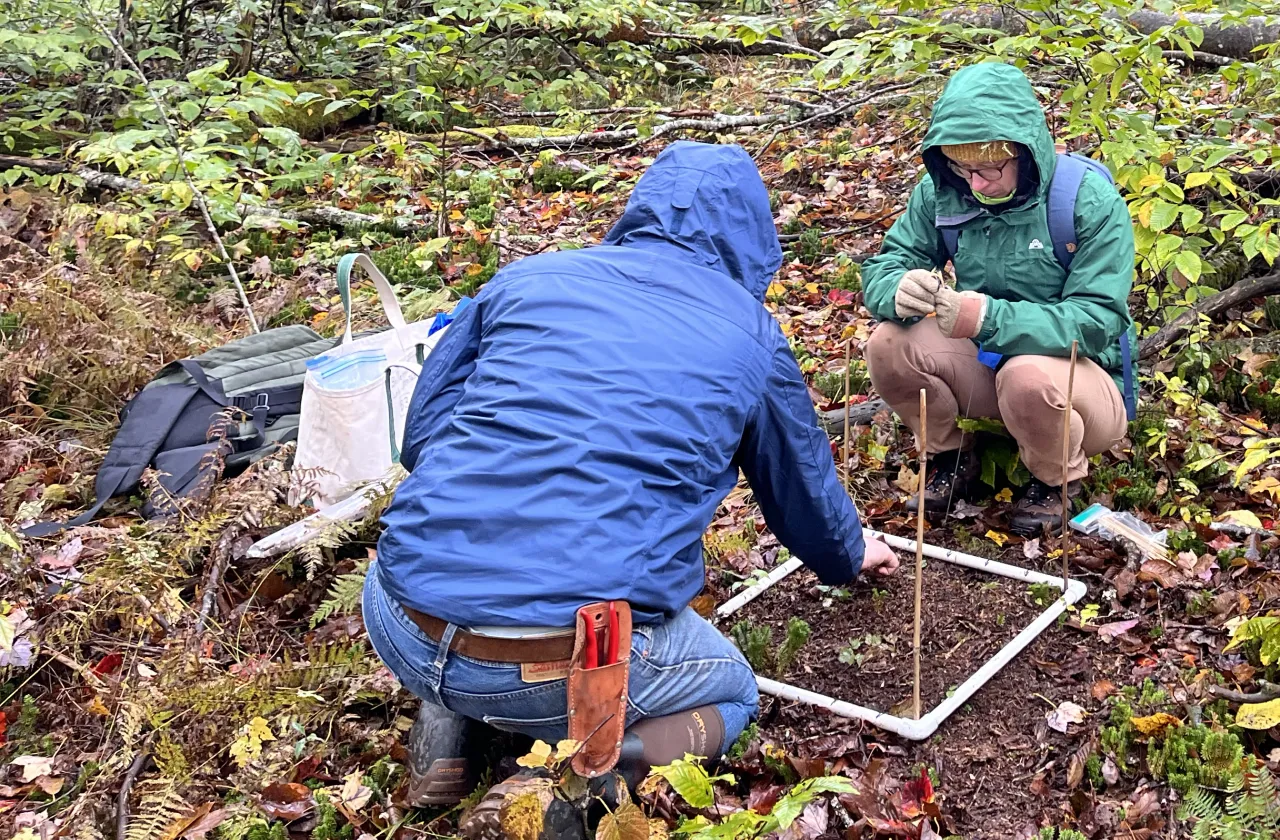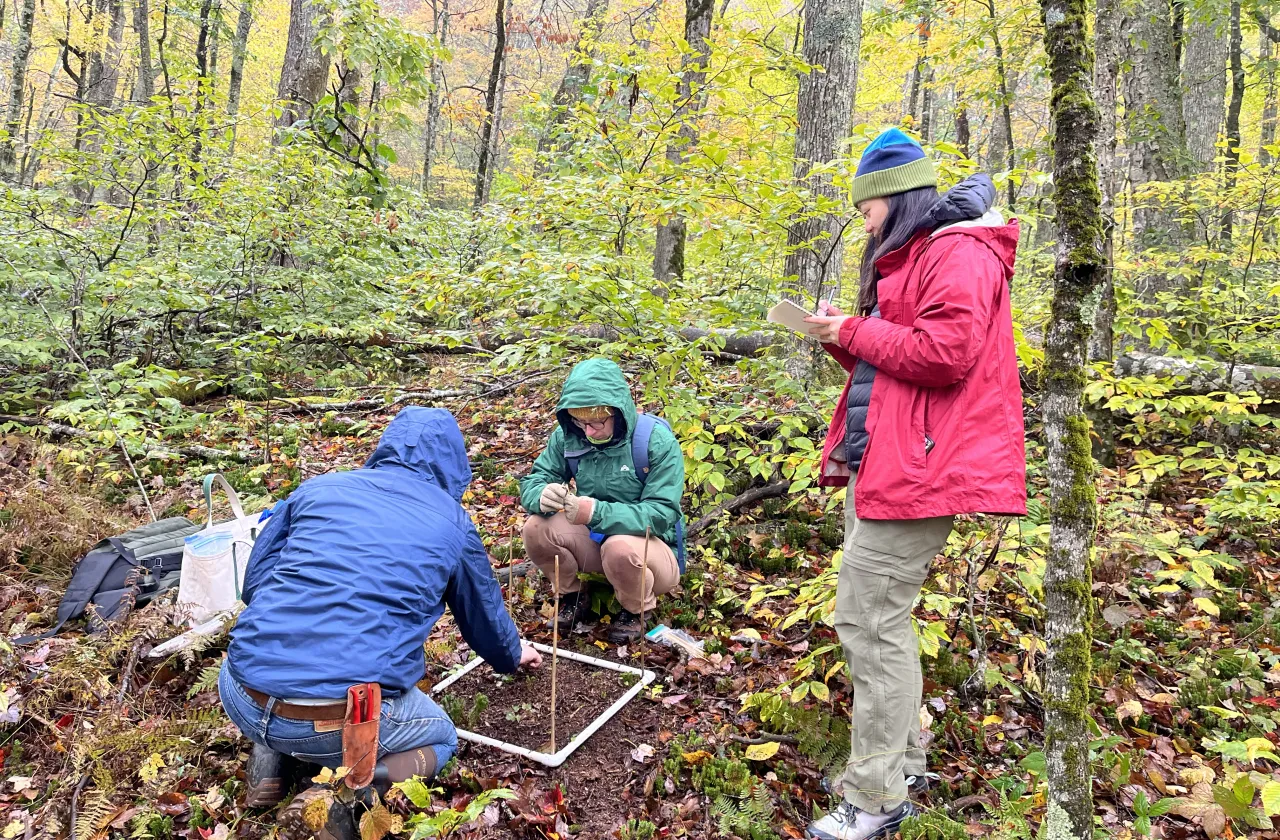Conservation Internship

The Botanic Garden of Smith College sponsors two year-long internships focused on conservation horticulture and how that work connects us to a broad network of regional, national and global conservation partners. This internship starts in January and runs for one academic year. The internship involves projects, collaborations, and research that explore the connection between the Botanic Garden of Smith College living collections and the diverse communities they represent. The work will range from rare plant surveys, building multi-institutional conservation collections, crafting conservation policies, outreach to local Indigenous partners, and researching the role that botanic gardens can play in building a sustainable future.
The goal of this internship is to expose individuals not just to the conservation work taking place at the botanic garden, but to leave interns well prepared for futures in the myriad of ways that public gardens engage with conservation and environmental justice.
For information on the conservation internship, contact Director John Berryhill.
- Spring Semester: Engagement/work is variable based on your academic schedule and is paid as work study. One requirement will be training through Native Plant Trust to become a Plant Conservation Volunteer for the proceeding season.
- Summer: Summer will be an intensive 12 weeks (35 hours per week) paid SURF internship
- Fall Semester: Engagement/work is variable based on your academic schedule and is paid as work study.
- Rare Plant Surveys with Native Plant Trust: We will do field surveys of local rare plant occurrences to inform conservation action through state Natural Heritage Programs. These surveys may include seed collection work to fortify threatened populations.
- Partnering with local Indigenous communities and land managers: We have established ongoing projects with the Nipmuc and Pokanoket to support access to culturally important plants.
- Advancing our role in the Global Conservation Consortia: This work ranges from in situ field work in the southern Appalachian Mountains, to growing and distributing conservation collections, to helping craft tools and frameworks to facilitate engagement with the GCC.
- Partnering with the Massachusetts State Botanist on regional conservation work: Our ongoing work is focused on saving a single site endemic tree species on Nantucket and is poised to expand to other species in the coming year.
- Collection and growing seeds from local plants for ecological restoration: Our partnership with Native Plant Trust will help ensure that locally adapted genetic material is incorporated into seed used for local ecological restoration.
Updates

Rescue from the Escalator to Extinction
Mountains are known to provide refuge for species in times of climate change because their climate zones and varied habitats are spatially compressed. A short move up- or downslope can offer the same conditions that would be experienced by moving much greater distances to the north or south. For hundreds of thousands of years, this ability to change elevation helped mountain magnolia survive ice ages as it moved downslope to more mild climates in the valleys during the long cold period, and survive warming periods when the species found cooler climes at higher altitudes. However, the resilience of mountain landscapes has its limits when climate warms, especially when it does so quickly.


